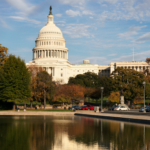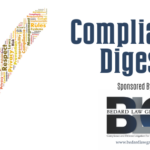A District Court judge in Florida has granted summary judgment on nine of 10 counts in favor of a mortgage servicer accused of violating the Fair Debt Collection Practices Act, among other laws, by the Consumer Financial Protection Bureau back in April 2017, ruling that many of the claims brought by the regulator were already covered in a nationwide settlement that had been entered into back in 2014.
A copy of the ruling in the case of Consumer Financial Protection Bureau v. Ocwen Financial Corp. can be accessed by clicking here.
Judge Kenneth Marra of the District Court for the Southern District of Florida gave the CFPB 15 days to file a supplemental position statement indicating whether it intends to pursue claims for any alleged violations that occurred after Feb. 26, 2017, when the nationwide mortgage settlement expired.
The CFPB accused Ocwen of failing to investigate and respond to borrower complaints, using incomplete and inaccurate information to collect on loans, failing to credit payments, and illegally foreclosing on homes. Along with the CFPB, 30 state attorneys general also filed their own actions against Ocwen, which were eventually settled.
Judge Marra determined that a genuine issue of material fact existed on the 10th count and denied the summary judgment motion.
Ocwen had previously attempted to have the case dismissed by arguing that the leadership structure of the CFPB was unconstitutional, but ended up succeeding in another way, albeit nearly 18 months after filing its original motion to dismiss.
Ocwen vowed to continue defending itself, should the CFPB continue to move forward with the case.
“We are pleased that the district court has granted summary judgment in our favor on 9 of 10 counts at issue in the CFPB’s complaint,” it said in a statement. “Throughout this litigation we have remained steadfast in our belief that the CFPB’s claims regarding Ocwen’s past servicing practices were without merit. Ocwen will continue to vigorously defend itself on the single remaining count and on any claims the Court allows to proceed concerning periods after February 26, 2017.”









